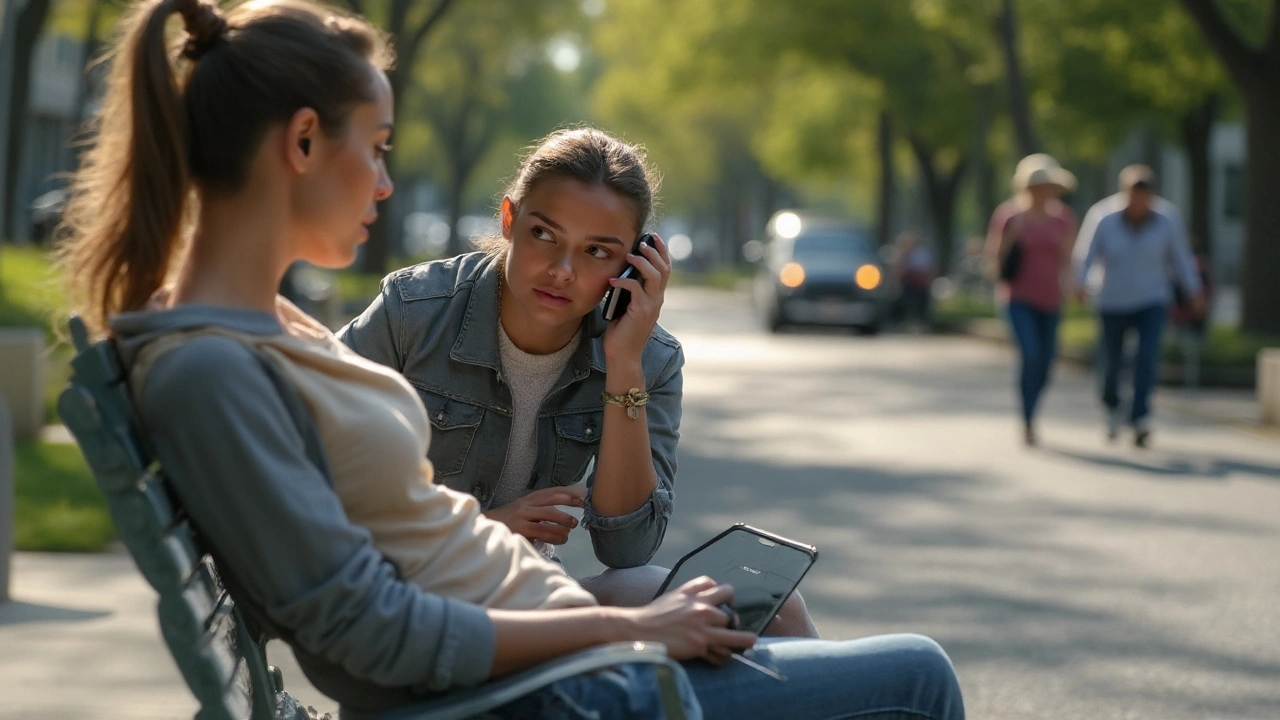Emergency response for herbal detox: quick steps that actually help
Herbal cleanses feel natural, but herbs can still cause real emergencies. If you or someone else reacts badly to a supplement, fast and focused action makes a huge difference. Below are practical steps you can use right now — no medical degree needed.
Immediate steps to take
1) Stop the herb. If a reaction starts, stop giving or taking the product immediately.
2) Check breathing and consciousness. If someone has trouble breathing, is faint, confused, or loses consciousness, call emergency services right away (911 in the US, or your local number).
3) For severe allergic reactions (swelling of face/throat, difficulty breathing, wheeze, widespread hives): use an epinephrine auto-injector if available and call emergency services. Antihistamines help mild allergic symptoms but do not replace emergency care for anaphylaxis.
4) For vomiting, diarrhea, or heavy sweating: worry about dehydration. Offer small sips of an oral rehydration solution or clear fluids. If vomiting is continuous or you can't keep fluids down, get medical help.
5) For signs of liver or kidney trouble (yellow skin/eyes, dark urine, very pale stool, persistent stomach pain): seek urgent medical attention. Some herbs, like black cohosh, have been linked to liver injury in rare cases — don’t wait.
6) If there are seizures, severe chest pain, fainting, or uncontrolled bleeding, call emergency services immediately.
7) Call Poison Control for guidance. In the US the number is 1-800-222-1222. If you are outside the US, contact your local poison control line or emergency number.
What to bring and tell clinicians
When you get to a clinic or ER, bring the product container or a photo of the label, plus a list of all medicines and supplements the person has taken (name, dose, and time). Tell staff about chronic conditions like diabetes, heart disease, or liver problems. That info helps them choose safe treatments fast.
Also mention any recent changes — new herbs, higher doses, or mixing with alcohol or prescription drugs. Many emergencies come from interactions (for example, herbs that affect blood clotting or blood sugar can be risky with prescription meds).
Final quick tips: start any new herb at a low dose, check with your pharmacist or doctor if you take prescription meds, and stop immediately if you notice worrying symptoms. Clear communication with health professionals and carrying product info can prevent a small problem from becoming an emergency.

What to Do in Case of Overdose: Step-by-Step Emergency Guide
Take quick and smart action when dealing with overdose. Spot the signs, call for help, and use safe steps while waiting for professionals.
view more